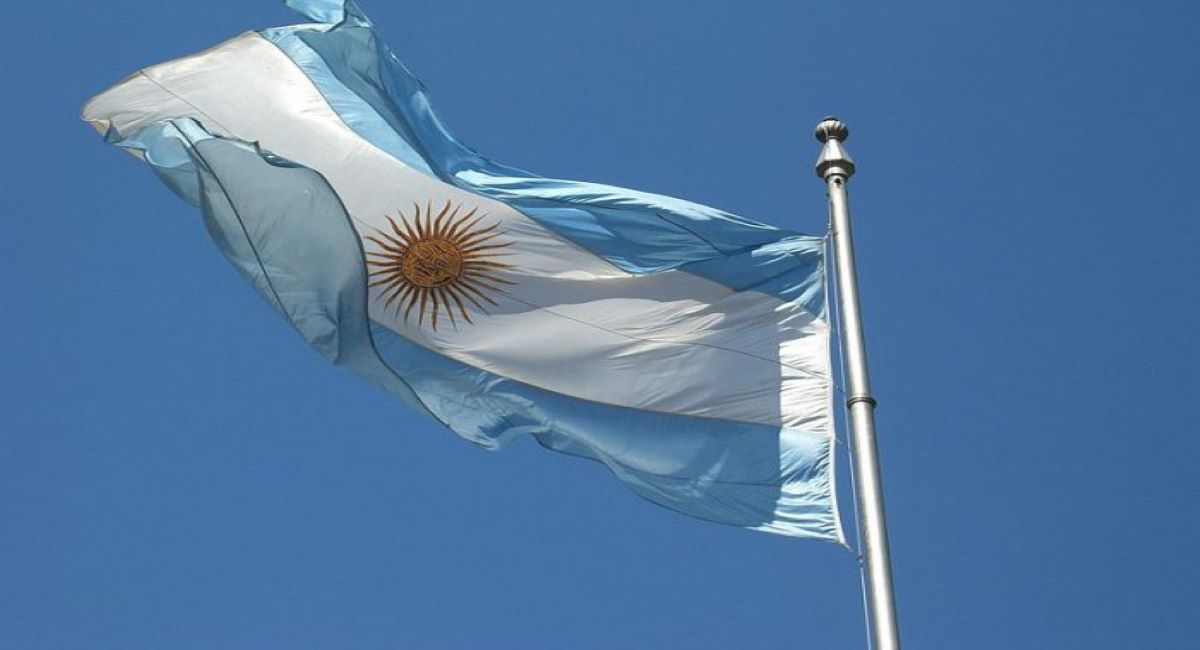Argentina’s Supreme Court has ruled against a couple that is seeking to erase the surrogate from the birth certificate of a child she carried and birthed.
Catholic News Agency reported that the married gay couple entered into a surrogacy agreement, but wanted both of their names on the birth certificate as the child’s sole parents, erasing the name of the child’s surrogate mother. The Supreme Court refused, and so one of the two men will be listed on the birth certificate as the father with the surrogate listed as the child’s mother.
Despite the surrogate being listed on the birth certificate as the child’s mother, she is not the child’s biological mother. The couple used an anonymous egg donor to create an embryo and then implanted the embryo into a second woman, an apparent friend of the gay couple. The child, therefore, appears to have no access to a mother at all, by design — not the surrogate who carried him and not the biological mother to whom he is genetically related.
The battle over the birth certificate has been going on for eight years, after the two men became the first gay couple to use surrogacy in Argentina. “We want the Court to recognize us, to say that we are both Juan Pablo’s parents,” one of the men, Leonardo Polti, told Clarín. “In Argentina, there are already about 500 families who had their children this way and were able to register them without any problem. So, how many more years do Juan Pablo have to go through?”
He also claimed that to not remove the surrogate mother’s name from the birth certificate is a discredit to the surrogate.
“My friend helped me wholeheartedly so that we could bring Juan Pablo into the world, and I have the obligation to give her back her normal life, with her three daughters,” Polti continued. “That is why I ask the Justice to think not only of the parents and the child, but of the woman who made this miracle possible.”
READ: More disturbing details emerge about first death in suicide pod: ‘She’s still alive, Philip’
Surrogacy is legal in Argentina, but as Clarín explained, the civil code requires that children born through assisted reproductive technology (ART) and surrogacy be acknowledged as the children of the woman who carried them. The Argentinian Supreme Court ruled that, quite simply, the couple’s request violated this civil code.
Félix Lonigro, constitutional lawyer and professor of Constitutional Law at the University of Buenos Aires, told Clarín that he agrees with the ruling. “The law simply has the criterion of biological motherhood (those born are children of the gestating person who developed them in her womb), and therefore does not admit that the mother can arise from an agreement between private individuals,” he said. “This is not an opinion in favor of the legislator’s criteria. It is simply an opinion that justifies the Court’s ruling: it applied the law, which it did not consider unconstitutional or unconventional. And I agree with that.”
Donor-conceived individuals have been increasingly speaking out about how they feel robbed of their heritage, families, and backgrounds through the fertility industry, which prioritizes the wishes of parents over the rights of the children being created. A study from Harvard Medical School found that 62% of children conceived through donor technologies, including surrogacy, believe it to be unethical and immoral. As Cleveland Clinic reported, knowing one’s own family history and heritage not only provides insights into the health risks and health conditions that may run in a person’s family, but also offers a sense of self-identity and security.
As illustrated in this case, the fertility industry robs a child of both, and pretends the parent — in this case, the child’s biological mother — doesn’t exist.
Officials have also been investigating a potential illegal surrogacy ring in Argentina, in which poor women are recruited, exploited, and pressured into surrogate pregnancies, and the children born from these arrangements are then sold.
Despite insistence from ART advocates that surrogacy is selfless and harmless, research has found that surrogates are at higher risk of gestational diabetes, hypertensive disorders of pregnancy, and bleeding complications after birth. Babies born via IVF, meanwhile, are also at a higher risk of numerous complications.
In addition to the physical risks that exist, it has been well-proven that removing babies from their birth mothers, even if they aren’t biologically related, causes serious trauma. This is true with adoption, also, but the difference between adoption and surrogacy is that adoption exists to heal the wound created when a biological parent cannot care for a child, while in surrogacy, the child is specifically created with the intent of removing her from her birth mother.
Call on President Trump to pardon the FACE Act prisoners on his first day in office.







